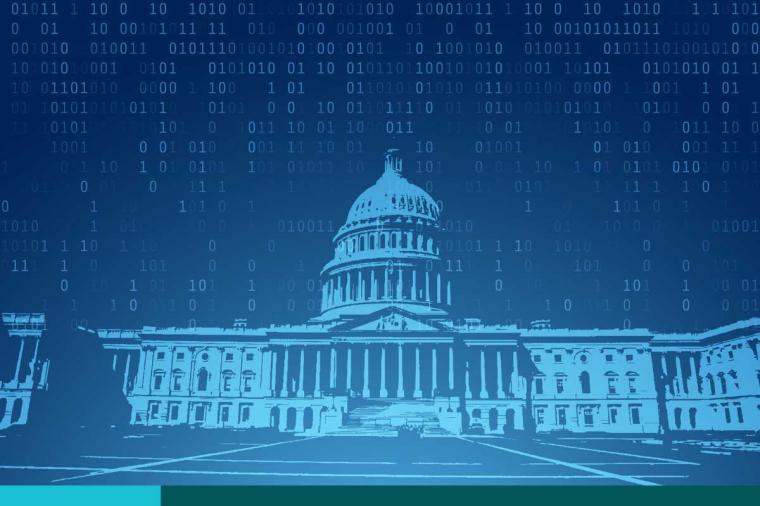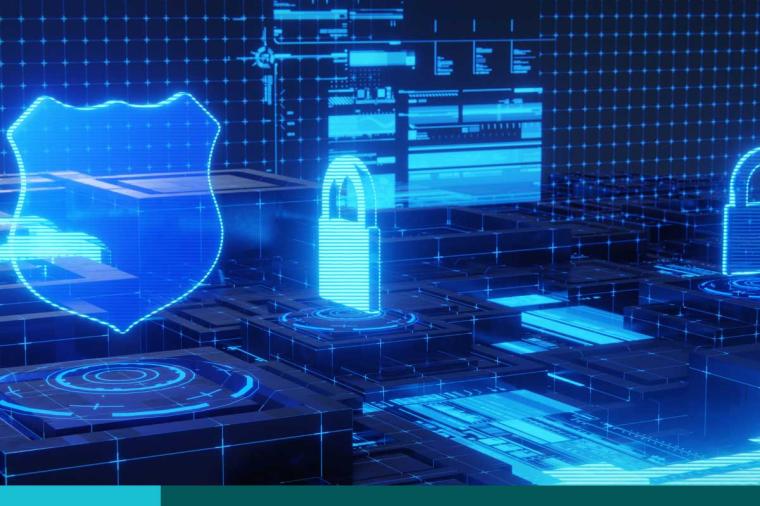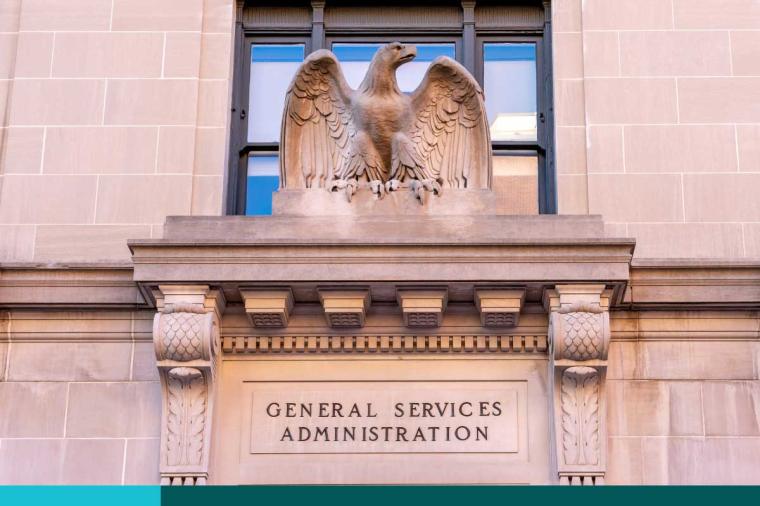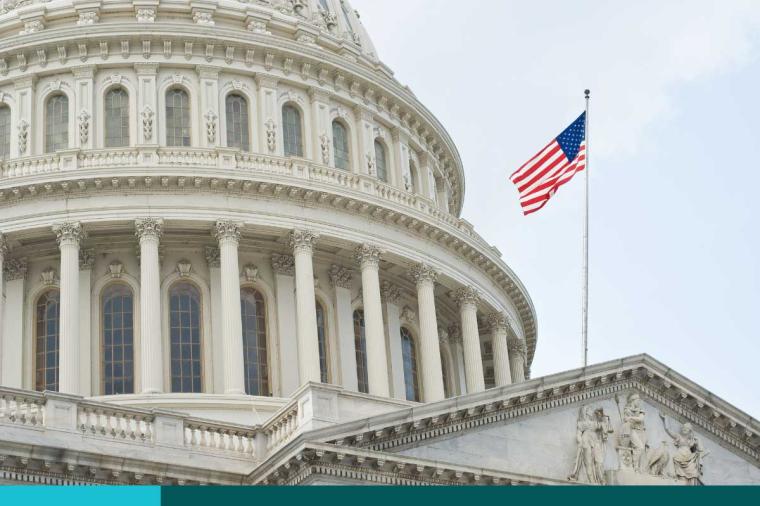The Federal Contractor Cybersecurity Act and What You Should Know
To enhance federal cybersecurity, Rep. Nancy Mace, R-S. Carolina, introduced the Federal Contractor Cybersecurity Vulnerability Reduction Act of 2025 (H.R. 872) on January 31, 2025. A similar bill introduced the previous year stalled in the Senate. This bill aims to close a critical gap in federal cybersecurity standards by ensuring that all federal contractors implement a vulnerability disclosure policy consistent with the National Institute of Standards and Technology (NIST) guidelines. Shontel Brown, D-Ohio, cosponsors the bill.
So, what does H.R. 872 entail, and why is it significant to federal contractors? This bill mandates that the Office of Management and Budget (OMB) and the Department of Defense (DoD) require federal contractors to have structured processes for receiving and addressing reports of potential security vulnerabilities. These security vulnerabilities are defined under section 2200 of the Homeland Security Act of 2002 (6 U.S.C. 650) as any part of a system – whether it’s hardware, software or a specific process, that could be used to bypass or weaken security measures. This includes weaknesses that can be exploited to compromise an information system’s confidentiality, integrity or availability. IT companies with contracts exceeding $250K must disclose these vulnerabilities in their services and products. If enacted, OMB will work with the Cybersecurity and Infrastructure Security Agency (CISA) and other agencies to update the Federal Acquisition Regulation (FAR) and the DoD will revise the Defense Federal Acquisition Regulation Supplement (DFARS) to include these requirements for defense industry-based contractors.
Currently, bill H.R. 872 is waiting for the Senate to consider, as this bipartisan bill passed the House on March 3, 2025. It is under review by the Senate Committee on Homeland Security and Government Affairs. If it passes the Senate, it will then need the President to sign it to become law. There are strong indications that it will pass the Senate due to bipartisan support, national security concerns and backing from major tech companies.
The Act represents a sizable step forward in strengthening the cybersecurity framework for federal contractors. By mandating vulnerability disclosure policies aligned with NIST guidelines, the proposed bill aims to ensure that contractors are proactive in identifying and addressing potential security threats. With strong bipartisan support and backing from major tech companies, it is a crucial advancement in protecting sensitive government data and closing federal cybersecurity gaps. While we await the Senate's decision, this bill underscores the vital importance of robust cybersecurity measures in protecting national security and highlights the critical role IT companies play in this effort.
As a federal contractor, you can take advanced actions to prepare for this potential law in several areas to position yourself favorably. Begin by ensuring that your company has a Vulnerability Disclosure Policy (VDP) that aligns with the guidelines set by the National Institute of Standards and Technology (NIST). This policy should outline how vulnerabilities are reported, triaged and remediated. Conduct a Gap Analysis by reviewing your current cybersecurity practices and comparing those against the requirements of the act, focusing on areas such as incident response, vulnerability management and compliance as outlined by NIST standards. Consult with cybersecurity experts to help design and implement a robust VDP. They can provide valuable insights and ensure that your policies and procedures are effective and compliant. Train your staff in the importance of cybersecurity and the specifics of the new requirements. Provide them with training to help everyone in the organization understand their role in maintaining security. Finally, you’ll want to monitor legislative updates to stay abreast of the bill’s progress and any changes to its provisions. This will ensure you stay ahead of any new requirements, ensure that your company remains compliant with federal policies and enhances its cybersecurity posture.
To get more TD SYNNEX Public Sector Market Insight content, please visit our Market Intelligence microsite.
About the Author:
Toan Le is a Senior Market Insights Analyst on the DLT Market Insights team covering DOD and IC domain-centric trends across the Public Sector.













